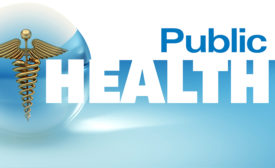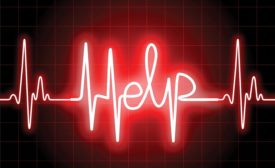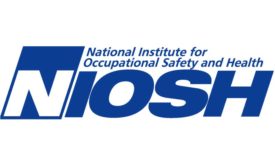Workplace Health
Health advocates: Tobacco companies change products to appeal to kids
Read More
Program to reduce work-family conflict pays for itself
Workplace intervention shows return on investment for employers
September 14, 2015
A NIOSH Science Blog post
Illustrating the point: Choosing the right ART for the message
September 9, 2015
Most Americans’ hearts are older than their age
That means higher risk of heart attacks and stroke
September 2, 2015
Never miss the latest news and trends driving the safety industry
eNewsletter | Website | eMagazine
JOIN TODAYCopyright ©2024. All Rights Reserved BNP Media.
Design, CMS, Hosting & Web Development :: ePublishing









